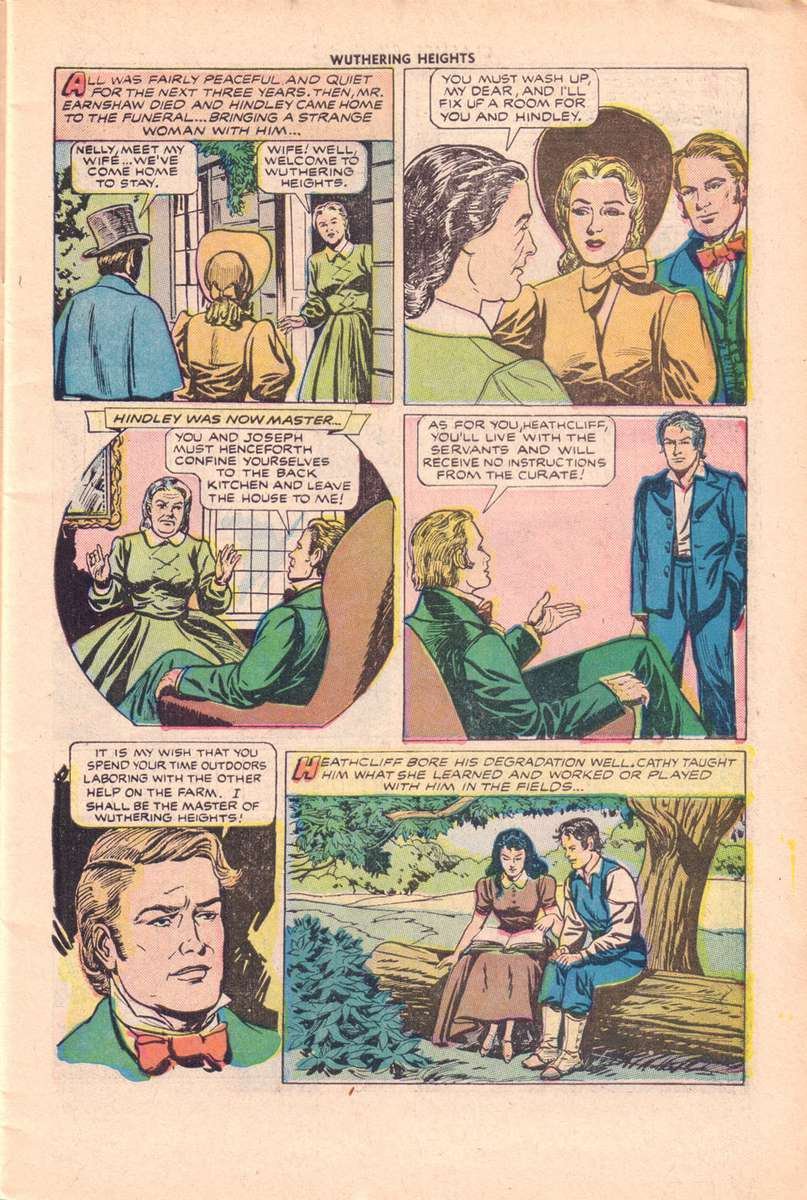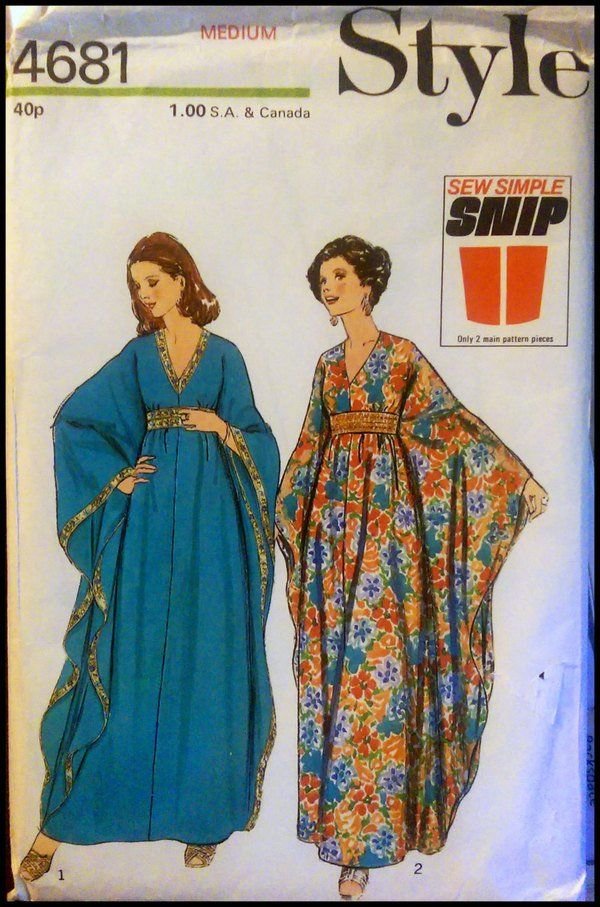
Lockdowns are mentally tiring, so you may not be in the mood to finish all those classic novels you started to read. Fortunately I have an alternative for you: Classics Illustrated!
Let's take a look at a few...
Let's take a look at a few...

I think this is the Nik Kershaw edition: Don Quixote, by Miguel De Cervantes. Classics Illustrated, 1943. 

That's a very *ahem* unusual bottle shape you've drawn.
The Bottle Imp, by Robert Louis Stevenson. Classics Illustrated, 1954.
The Bottle Imp, by Robert Louis Stevenson. Classics Illustrated, 1954.

"Is this a dagger I see before me?" Macbeth, by William Shakespeare. Classics Illustrated 128, 1955. 

You can read many Classics Illustrated titles for free thanks to the Internet Archive: archive.org/details/classi…
Do have a look and crib your way to a classics education! What are the chances...
Do have a look and crib your way to a classics education! What are the chances...

• • •
Missing some Tweet in this thread? You can try to
force a refresh



































